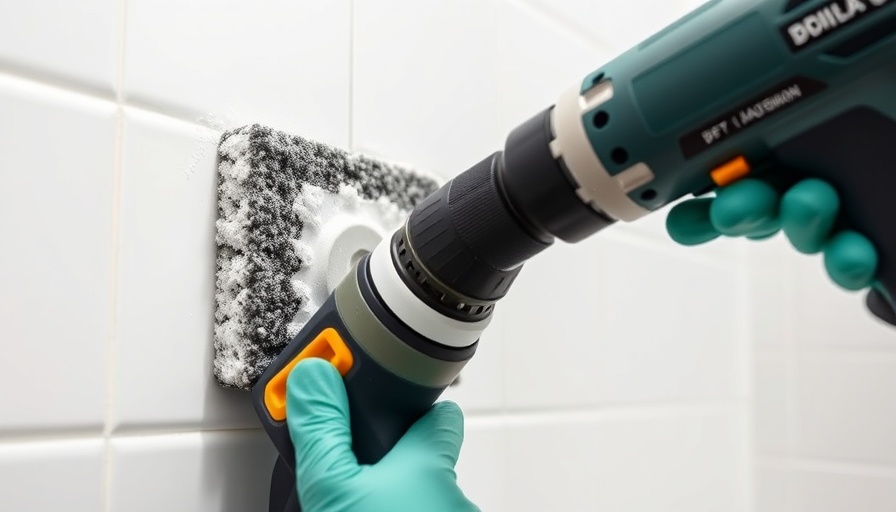
Staying Ahead of the Curve in Facility Management
Facility management is more than just a service; it's the backbone of operational efficiency for many industries. In today's fast-paced business environment, where research indicates that 30% of business data becomes outdated annually, maintaining an optimized leads database is vital. Without regular updates and strategic management, not only do businesses risk wasting resources and missing crucial opportunities, but they also jeopardize client relationships.
Optimize Your Leads Database with Industry-Specific Tools
The first step in enhancing your leads database is to leverage a specialized Customer Relationship Management (CRM) system. Generic CRMs may be tempting due to their popularity, but they often lack features tailored to the facility management sector. Tools like Motion App offer functionalities specifically designed for commercial cleaning and facility service providers. By creating a centralized hub for vital customer data, these systems facilitate improved interaction and track service contracts efficiently.
Standardizing Data Input: A Path to Consistency
Data management can be fraught with issues, particularly when it comes to inconsistent data entry. When inaccuracies seep into your database, they can lead to losses of 15-25% of revenue according to Harvard Business Review. To combat this, establishing a standardized process for data input is essential. This means training staff on best practices for inputting data to ensure that each entry is complete, accurate, and formatted uniformly.
Quarterly Data Cleanups: A Necessity, Not a Luxury
Despite having a standardized input process, the reality is that databases require regular maintenance. Performing quarterly data cleanups can significantly boost the quality of your leads database. These routine check-ups help identify duplicates, out-of-date contacts, and inaccuracies, ensuring that your leads database is always primed for optimal use. Think of it as a health check for your business's most important assets—its leads.
Strategies for Continuous Improvement
Improving your facility management leads database doesn't end once systems are in place. Continuous improvement strategies are key to staying relevant in a dynamic market. Consider adopting proactive communications with your clients, periodically surveying them to understand their evolving needs. This not only strengthens relationships but also enriches your database with current and actionable data.
The Benefits of a Streamlined Database Management
Having an optimized leads database does not just enhance operational efficiency; it also has a direct positive impact on conversion rates and business growth. A well-maintained database ensures that your sales team can reach the right people at the right time, significantly boosting the likelihood of closing deals. Furthermore, understanding client needs through a streamlined data management process leads to tailored services and improved customer satisfaction.
Engaging with Your Audience
As we enhance our understanding of data management and lead optimization, it’s essential not to overlook the human element in our interactions. Building strong relationships with clients fosters loyalty and trust, which are invaluable in the competitive landscape of facility management. By encouraging open dialogue and personalized communication, businesses can create a client-focused approach that drives success.
Final Thoughts: Elevate Your Facility Management Strategies
In conclusion, the importance of maintaining an optimized facility management leads database cannot be overstated. By leveraging industry-specific tools, standardizing data input processes, performing regular cleanups, and maintaining proactive client communications, businesses can forge stronger relationships and drive sales effectively. Take these steps now to ensure that your facility management strategies not only meet but exceed client expectations.
 Add Row
Add Row  Add
Add 




Write A Comment